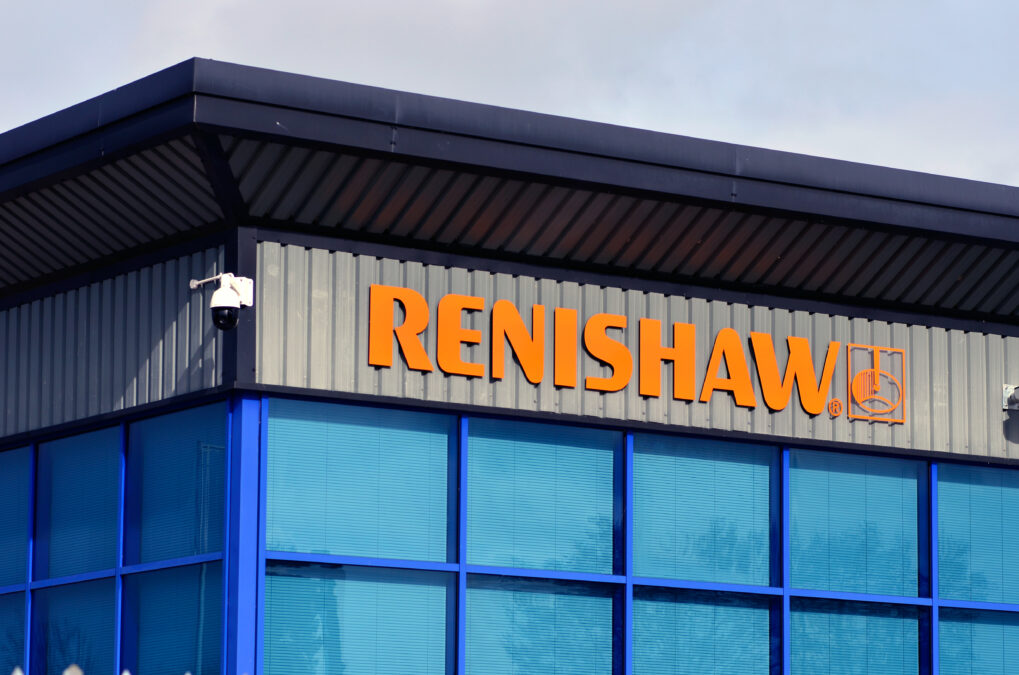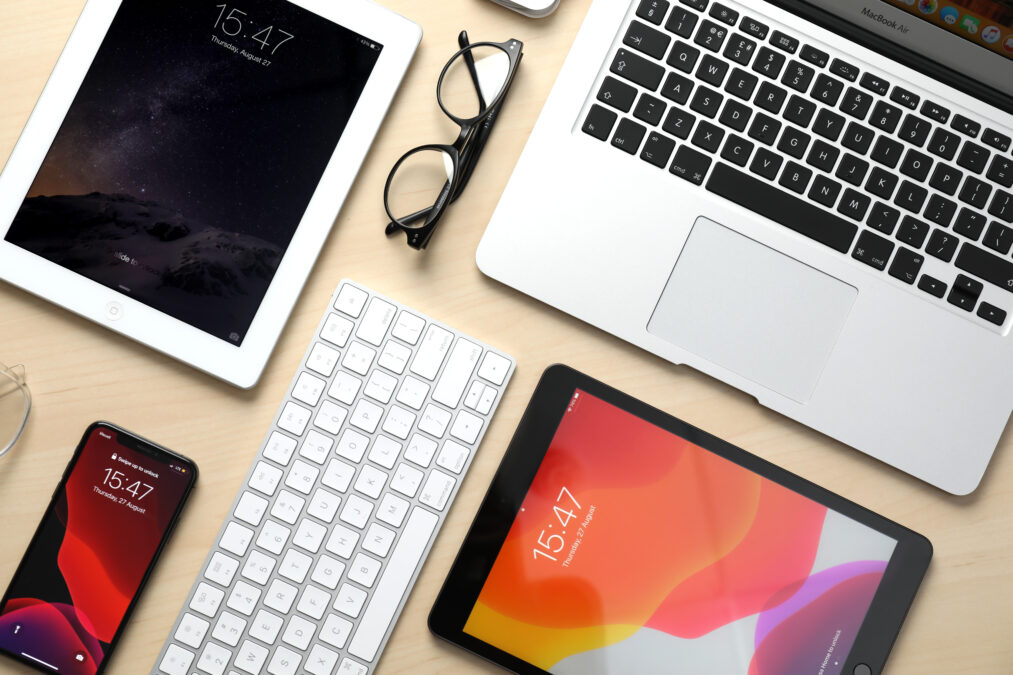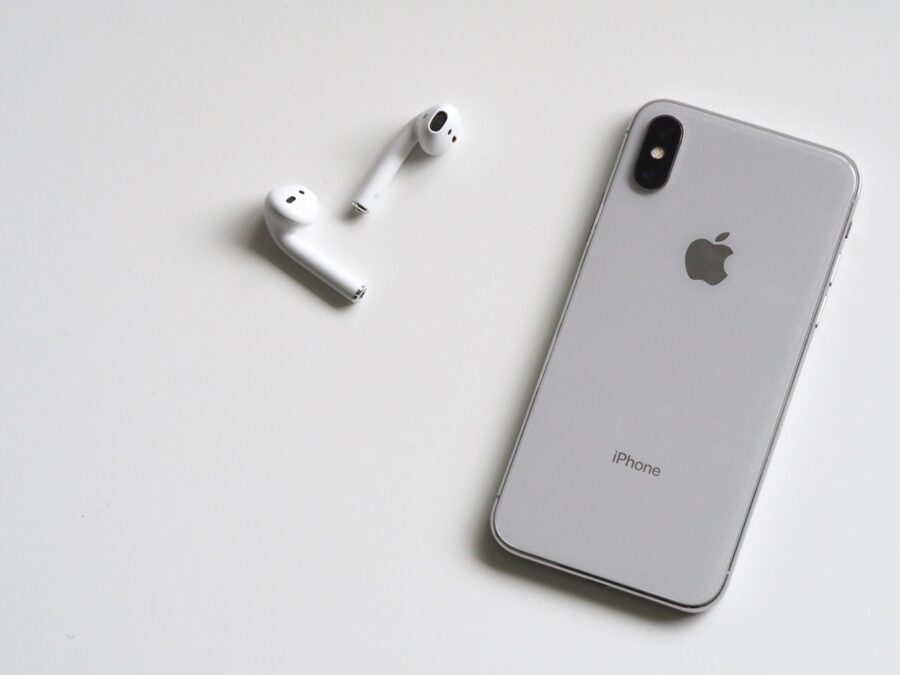5 February 2002 Handheld computer maker Palm will today unveil details about its next generation of 32-bit devices. A long awaited move, it is desperately needed to help Palm compete with nemesis Microsoft and its increasingly popular PocketPC platform.
The new Palm operating system, PalmOS 5, includes improved security features, virtual private networking (VPN) software and support for the 802.11b wireless local area network (LAN) standard.
The new updates are aimed at the corporate market, where Palm has lost market share to Microsoft, which is often chosen as a corporate standard because of its inter-operability with other Microsoft operating systems.
A recent example of this is at the British Broadcasting Corporation (BBC), which last week banned its employees from using handheld computers that did not run the PocketPC operating system.
The new system will run on fast Advanced Risc Machines (ARM) 32-bit microprocessors, instead the ageing Motorola Dragonball. However, 20% of software written for the current PalmOS will not be able to run on the PalmOS 5. This may harm Palm’s relationship with its 170,000 strong developer community – its most important weapon in its battle against Microsoft.
Palm will reveal details of the new operating system at its PalmSource developer conference in San Jose, California. At the same time, it will also officially launch its new software unit, also called PalmSource.
Palm decided to split its software and hardware businesses in 2001, a year in which it suffered the loss of its CEO and lost millions due to a critical inventory and production miscalculation when launching a key product.
Palm hopes that its new operating system will help it regain credibility in the market. However, some feel that it is too little too late. Most of PalmOS 5’s new capabilities are already available on Microsoft’s more powerful PocketPC, while Symbian has largely sewn up the device market among mobile phone manufacturers.
Furthermore, Palm will not actually release the new operating system to developers until the summer of 2002 at the earliest.
Palm machines are currently based on the 16-bit Motorola Dragonball chip architecture into which its PalmOS operating system is heavily tied. This has prevented Palm from selling PalmOS to mobile phone makers and other device manufacturers in the same way that Psion has done with Epoc/32, later re-named Symbian.





